Jack McLeod was Chairman of Selectors from 1956 to 1965 and again from 1968 to 1970, a period that encompassed the club’s first Finals appearance in 1957 and first Premiership in 1961.
However, McLeod’s association with Hawthorn goes back to 1933 when as a seven-year- old, he first watched the Mayblooms at Glenferrie. His first hero was ‘Bluey’ Lonsdale and within 12 years he had emulated his hero, playing in the same position on the ground, wearing the same guernsey number 4 and also representing Victoria.
The measure of McLeod’s ability as a player was that, after being recruited from Auburn, he played every game in his debut VFL season of 1945. What was more remarkable about this is that after playing with Hawthorn every Saturday he also played for the RAAF each Sunday, and as the Air Force made the Armed Services Grand Final, it meant he played a total of 39 games that season.
McLeod’s form was good enough that in just his second season, he gained Victorian selection, taking on South Australia in a game at Princes Park that ended in a draw. His prospects of a lengthy stellar career were curtailed when he suffered a serious leg injury against Melbourne in his 50th game late in the 1947 season. After missing all of 1948 and 1949, he returned in 1950 and managed a total of 14 games over 1950-51, bringing his career tally to 64 games.
The ultimate Hawthorn product, McLeod had grown up at 9 Hill Street, Hawthorn in a house that his grandmother had bought in 1915. By the 1950s his mother, Hilda, was regularly taking in Hawthorn players from the country and interstate as boarders, and these included the likes of Graham Arthur, Brendan Edwards and Cyril Collard. Even in his work, McLeod stayed close to home being employed as the Chief Valuer for the City of Hawthorn for a number of years.
In 1954, whilst McLeod was at work at the Hawthorn Town Hall, Club Secretary, Bill Newton called by to ask him if he would like to join Hawthorn’s Selection Committee the following season. He did and then after one season, he took over as Chairman. Working closely with coach Jack Hale, they developed a plan to try and win all home games, but also to recruit players who would also be able to preform on the bigger VFL grounds.
The strategy began to come to fruition when the Club make the finals for the first time in 1957. After defeating Carlton in the First Semi Final, McLeod was disappointed with the outcome of the Preliminary Final when the Hawks could not counter Melbourne Coach, Norm Smith’s tactical moves that included dragging Alf Hughes and Don Gent apart in the back line, countering Maurie Young’s leap in the ruck and tagging the rover, Brian Falconer.
McLeod was an important defender of newly appointed Coach John Kennedy Snr when the Hawks lost the first 5 games in 1960. From this point on, Hawthorn began to show the football world that they were the new force to be reckoned with, achieving the ultimate success in 1961, the Club’s first Premiership. For McLeod, who first saw Hawthorn play as a seven-year-old in 1933, the highlight of 1961 was seeing the reaction of all the players and officials from the twenties, thirties and forties, who had worked so hard for the Club, but had never expected to see this sort of success in their lifetimes.
After completing his time as Chairman of Selectors and Committee Member, McLeod continued serving his beloved Hawks being involved with recruiting activities for many years.
Later in his working life McLeod left the Hawthorn municipality and entered the toy retailing business at Toyworld in Croydon. In the 1980s McLeod moved to live on the Gold Coast, where his son was playing football for Southport. McLeod was struck by the potential of a rival player, Cooparoo’s Jason Dunstall, and recommended him to the Club. He also provided assessment on the potential of Steven Lawrence. Both players were to prove to all that McLeod still could pick talent and he thrived watching both Dunstall and Lawrence flower into key players for the Hawks.
McLeod has since moved back to Melbourne and continues to intensely follow the fortunes of the Club and is well known to the inner circles of the present coaching staff for his sage like advice.
Jack McLeod was made a Life Member of Hawthorn in 1958. He has made an amazing contribution in paving the way for the Club’s continued on field success and at the age of 91 remains a vital link to the Mayblooms era of the 1930s.


